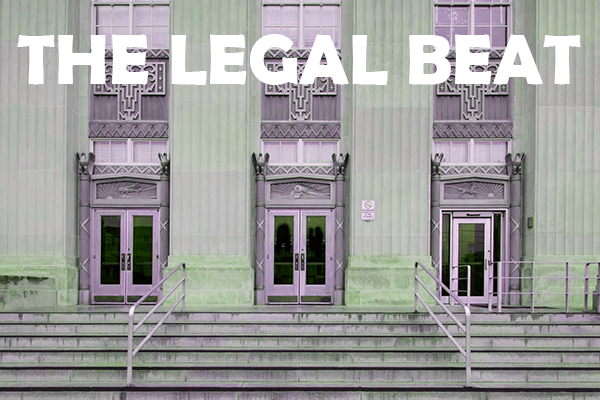|
RCBJ-Audible (Listen For Free)
|
Legal Analysis
An injunction entered against New York’s Office of Cannabis Management (OCM) last month is preventing the issuance of any retail cannabis dispensary licenses in the Hudson Valley and four other regions in New York State. But a court filing by the OCM last week may clear the way for approved licensees in the Mid-Hudson region and three other blocked areas to open retail dispensaries.
The case was originally filed by Variscite NY One, Inc., through Michigan-based Kenneth Gay, its 51 percent owner, who claimed that application requirements for retail dispensary licenses in New York violated the Commerce Clause of the U.S. Constitution because the law favored New York residents over out-of-state applicants. The Commerce Clause generally prevents a state from favoring its own residents over out-of-staters in commercial matters.
Variscite had filed an application listing five areas where it sought a retail license, including its first preference, the Finger Lakes, as well as Central New York, Western New York, the Mid-Hudson Region, and Brooklyn. New York is divided into fourteen different geographic zones for retail licensing. Based on the information available to the Court at the time, it agreed with Variscite and issued an order granting Variscite temporary relief, which has prevented OCM from issuing licenses in the five regions.
OCM in its recent filing is attempting to show the court that only licenses in the Finger Lakes region should be at issue, while the other regions shouldn’t be affected because of the way the New York law is written. The law says an applicant can only get its first choice of region when there are an insufficient number of applications for its second and later choices. At best, Variscite would only be eligible for a license in the Finger Lakes region, according to the filing.
In its request to modify the injunction, OCM stated that approved retailers, processors and cultivators in the Hudson Valley (and the other affected regions) would be irreparably harmed if the Court did not narrow the injunction to the one area where the Petitioner may have be eligible for a retail dispensary license.
OCM also states in its affidavit that Variscite would not have even qualified for a license in the Finger Lakes region because it did not score high enough on the qualifying application to have been selected.
OCM also told the Court that the injunction affects the economics of “54 potential retail dispensaries, 121 licensed cultivators, and 16 processors,” many of whom have invested millions of dollars in their operations relying on OCM’s licensing regulations. What the defendant is saying is that if the retailers can’t get up and running, then the entire eco-system of the cannabis market will be disrupted.
The OCM received more than 900 applications for Conditional Adult Use Retail Dispensary (CAURD) licenses. The Board recently approved 36 provisional licensees, including 28 qualifying individuals, and eight nonprofit CAURD applicants outside the five areas included in the lawsuit. The temporary injunction against OCM prevented the issuance of an additional 18 licenses, six of which would have allowed retailers to operate in the Mid-Hudson Region. The identities of the six Mid-Hudson retailers are being withheld pending the outcome of the litigation.
Per the law, up to 175 licenses will be granted; roughly 150 may be granted to individual applicants, and about 25 to nonprofit applicants. It it expected that there will be 17 Mid-Hudson licenses approved.
In addition to asking to modify the injunction, OCM has also filed an appeal, a request to the court to delay enforcement of its order, and a motion to dismiss Variscite’s complaint.
Variscite filed a similar case in California, also claiming a violation of the Commerce Clause, but earlier this month the District Court in California dismissed the complaint, finding Variscite lacked standing to pursue its case. The court in denying Variscite’s claims also questioned if the Commerce Clause even “applies to federally illegal cannabis markets.”
It remains uncertain as to whether Commerce Clause violations are applicable to markets and products that are still illegal under federal law. Marijuana is a Schedule I substance under the Controlled Substances Act.
The case number in New York’s Northern District is: 1:22-cv-01013-GLS-DJS.










